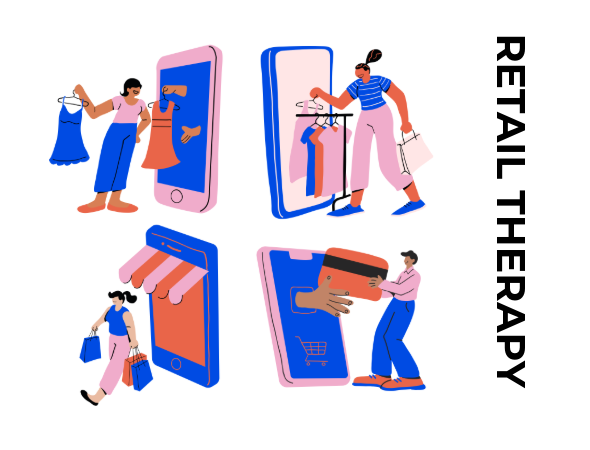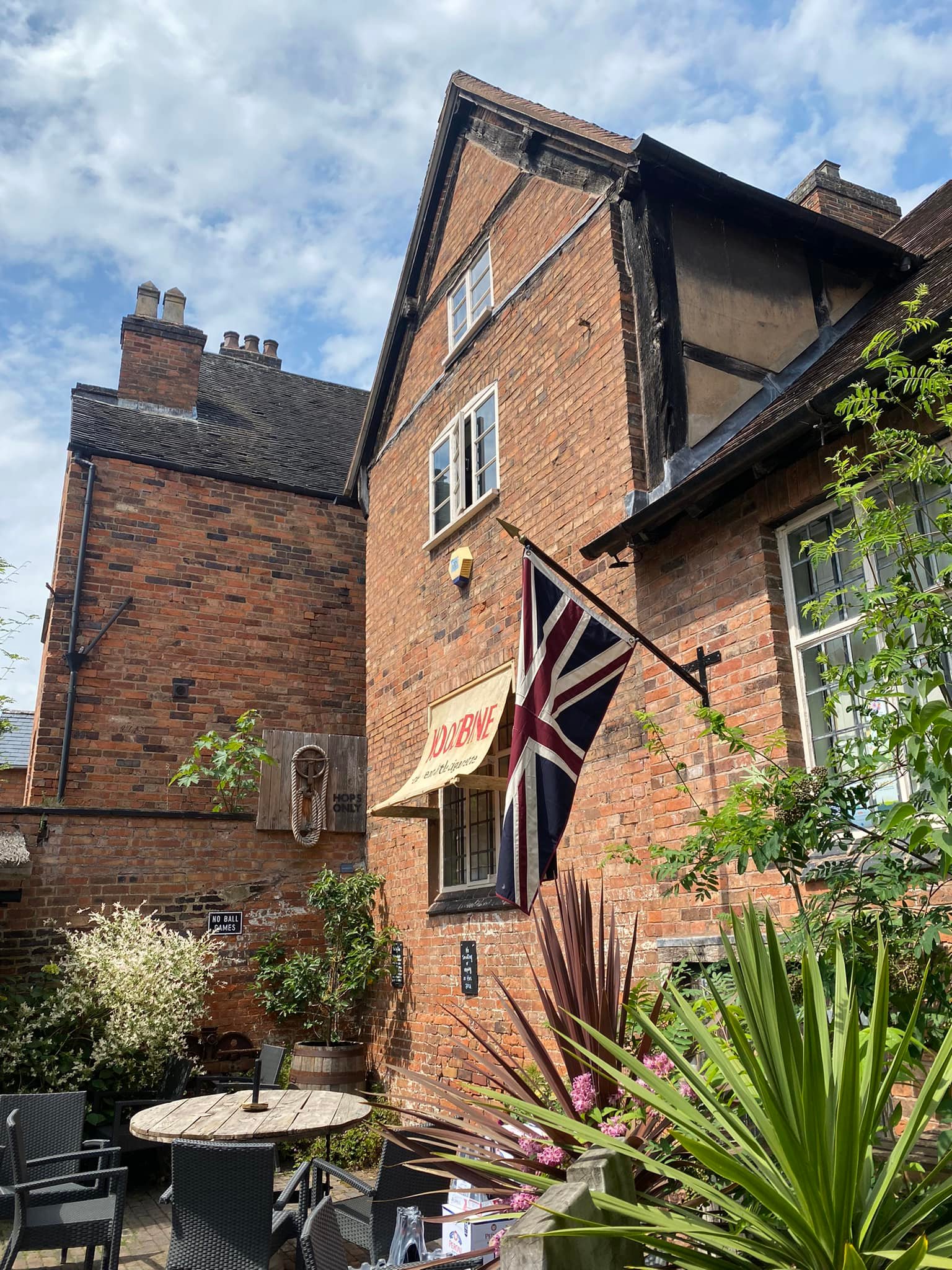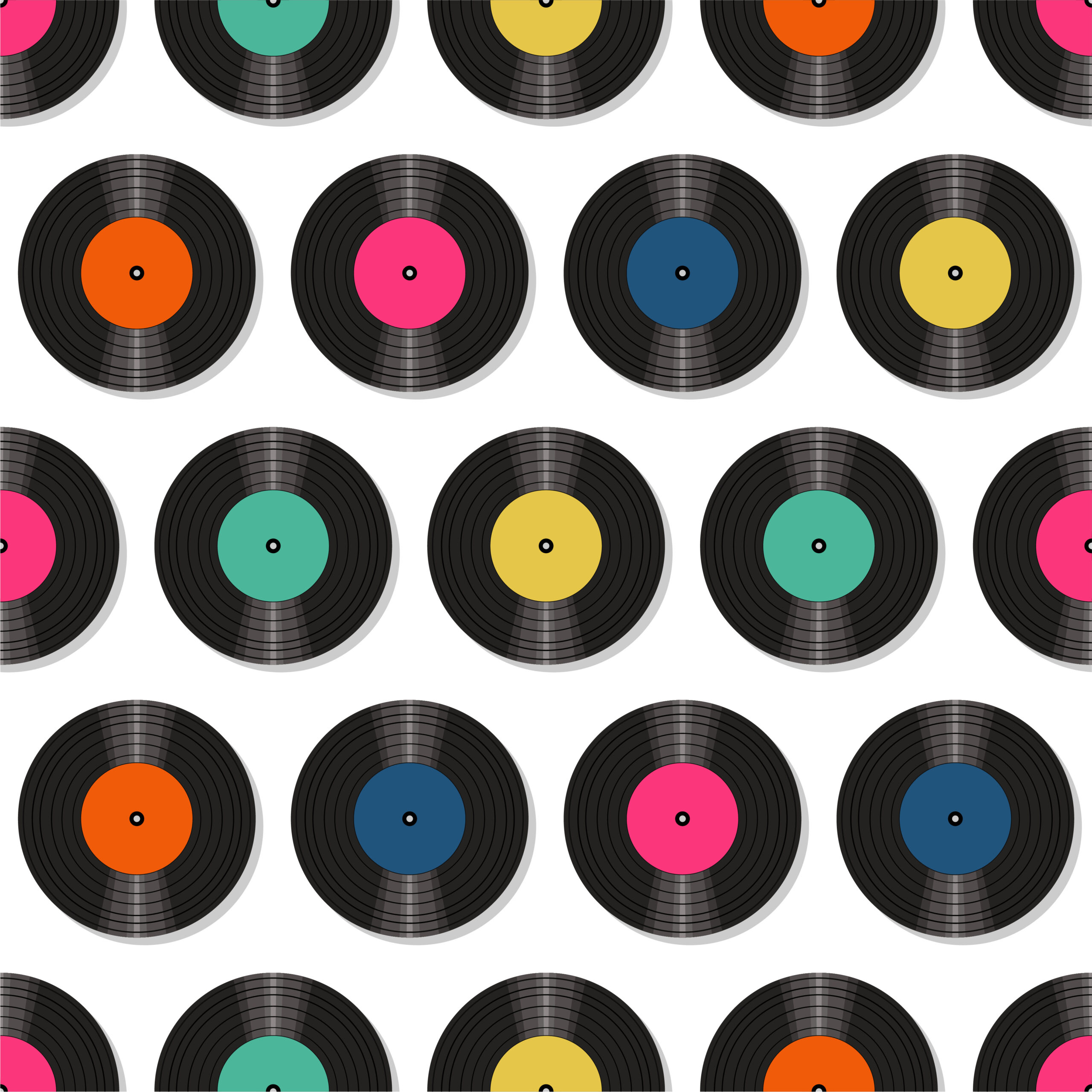- How can I play music in my business?
You can play music in your business in different ways. Whether it’s playing background music for your employees and clients via digital devices or by tuning into the radio. You can play music in the following ways:
- Radio & TV
- Streaming services – this may require a commercial streaming service. Before using platforms such as Spotify, Apple Music, Youtube etc, please check that their terms and conditions allow for commercial use before playing music in your business
- CDs, MP3s & other recordings
- Live Music
- Is it illegal to play commercial music in my business without TheMusicLicence?
If you play or perform music in your professional services business, the chances are you need TheMusicLicence.
Under The Copyright, Designs and Patents Act 1988, permission is needed from the relevant copyright holders – those people who create music – in order to play or perform music in public
Obtaining TheMusicLicence gives you this permission, in relation to the vast majority of commercially available music. This ranges from grassroots and independent artists and composers through to the biggest names in the business.
- What happens once I have paid for TheMusicLicence?
Once you have paid for your licence or arranged a direct debit, you will be legally permitted to play or perform the vast majority of commercially released music from around the world, in accordance with the terms outlined in your tariffs and TheMusicLicence Terms & Conditions.
Your licence confirmation will be sent to you either via email or post (depending on your chosen communication method).
If you would like to change your preferred communication method, please speak to Client Services.
Speak to our friendly team today
0116 290 0525
(8am to 6pm Monday to Thursday and 8am to 3pm Friday)
- I already have a TV licence, why do I need TheMusicLicence for my business?
It is easy to forget that music is used all the time within TV programmes, advertisements during commercial breaks and other broadcasts.
TheMusicLicence gives you permission to use the music contained in television programmes . A TV licence only allows you to receive the broadcast signal for the television. If you wish to use the TV in public, such as your business premises you will need TheMusicLicence (see ‘What does playing music ‘in public’ mean?’).
- The music is only for the employees, do I still need TheMusicLicence?
Even if you are only playing recordings in your business or organisation for employees, you’ll usually need TheMusicLicence.
Music that's played outside of a domestic environment is classed as a public performance, even if the music can only be heard by employees in the workplace, canteen or staff areas.
TheMusicLicence gives you permission to play music in your business or organisation for your employees.
If you're unsure about whether you need a licence, please contact us.
Speak to our friendly team today
0116 290 0525
(8am to 6pm Monday to Thursday and 8am to 3pm Friday)
- Where does the money go after I have paid my shops and stores music licence fee?
Your music licence fees are distributed to music creators via PPL and PRS for Music.
- Who is PPL and PRS for Music?
PPL and PRS for Music are both collective management organisations. They issue licences and collect royalties for certain uses of copyright-protected music, on behalf of their many hundreds of thousands of members. They then distribute those royalties to members.
PPL represents record companies and performers for the use of recorded music, while PRS for Music represents songwriters, composers and music publishers for the use of musical compositions and lyrics (for both recorded music and live performances).
PPL and PRS for Music set up PPL PRS Ltd to offer a single joint music licence, on behalf of them both, for playing and performing music in public (see ‘What does playing music ‘in public’ mean?’).
- How do they distribute the royalties from my shops and stores music licence fee?
PPL and PRS For Music receive reporting and information on recorded music played by the TV broadcasters, radio stations, music suppliers and UK businesses that they license. In some cases, this information is provided on a track-by-track basis, which is then reviewed against the data they hold to identify the applicable performers and recording rightsholders members whom they should pay.
Where it is not feasible to receive track-by-track usage information, such as from smaller TV and radio stations and businesses, they use a combination of methods to identify the music that has been played. This includes the use of data captured at the point of licensing and through market surveys (in relation to the types of music used by different types of customers).
- Who are PPL PRS?
PPL PRS Ltd was created to provide customers with a streamlined music licensing service – TheMusicLicence – with a single point of contact to make it easier to legally play and perform music in public. PPL PRS Ltd is equally owned by PPL and PRS for Music.
PPL PRS Ltd started trading in 2018. Prior to 2018, businesses and organisations would have had to purchase two separate licences from PPL and PRS for Music instead.
- What does playing music ‘in public’ mean?
Under the Copyright, Designs and Patents Act 1988, permission is needed from the relevant copyright holders – those who create, record and publish music – in order to play or perform music in public.
Broadly speaking, this includes any presentation of music outside of a domestic setting. For example, it will include using music in the following ways as part of your business or organisation (for the benefit of customers and/or employees): playing recorded music via any device including the radio, TV broadcasts such as sports or other audio-visual content containing music; or putting on live performances of music.
There are a range of tariffs to cover the different uses of music across various venue types. However, the use of this music will require permission from the copyright holders and TheMusicLicence will give you that permission, covering the vast majority of commercially released music.
Professional Services Music Licence
Introduce music to create a modern, upbeat workplace.
Today’s job hunters are not only looking for a career with training and prospects. They are looking for a place where they can enjoy their job, where they feel valued and cared for. Improving and modernising your working environment is key to becoming an employer of choice.
Music has the potential to make staff feel more at ease and focused, helping to re-energise your workplace, preventing feelings of being overwhelmed or stressed out and improving the health and well-being of your employees.
In order to play or perform music in public within your shops and stores you may need TheMusicLicence. This ensures permission is granted from the relevant copyright holders in relation to the vast majority of commercially available music.

Do I need a music licence for my financial, legal or professional services business?
You might not realise it but music is protected by copyright, and businesses and organisations
have to get permission from the music creators to play or perform their works in public (see FAQ ‘What does playing music ‘in public’ mean?’). TheMusicLicence allows you to legally play music for employees and clients in your business through the radio, TV and other digital devices entertainment.
By obtaining TheMusicLicence you’ll be able to play virtually all commercially released music legally and enjoy its benefits whilst ensuring that its creators are fairly rewarded for their work.
When it’s all work, why not hit play?
No matter what your professional service, you want it to run smoothly, be this assigning workloads, managing clients and partnerships or setting out your budget.
But running a successful business is about more than just your day-to-day operations. It’s about providing an excellent service for your customers or clients. It’s also about encouraging teamwork and supporting collaboration; but it’s also about keeping your workforce focused whilst safeguarding their wellbeing.
That’s why introducing music could be highly beneficial to your business and could help your organisation fulfil its potential. It could help to improve the experience for both your employees and your clients and could help to make your business the very best it can be.

Benefits of music to your business
Client experience
Music can be an incredibly powerful tool in making client experience shine. Using music in reception and waiting areas has the potential to create a more familiar environment which could allow customers to feel more at ease.
Better still, the right music could also impact the perception of waiting time and possibly make it seem less than it actually is. Creating this kind of environment could help lead to a better overall customer experience, making their experience with your business more memorable, boosting customer satisfaction, loyalty and retention levels.
As well as time and effort, we put a great deal of investment into getting our client areas just right. The relatively low cost of accessing the full repertoire of licensed music is definitely worth it. The repetitive, and dare I say annoying, tones of piped “elevator music” would ruin the comforting feel we have tried to create.”
Hamlins LLP, London
Be the employer of choice
Playing music could help you stand out and distinguish you from your competitors. It could be considered just as important as your company name or décor.
Relatable music could complement your business and help to build a better brand. The right soundtrack could reflect your business, clients and your staff. The music you choose can help you create exactly the right atmosphere and can be important to your individuality. It could also help to ensure your organisation retains a modern feel.
In our recent survey to the professional services sector, we found that over 70% of respondents feel more engaged with their business when music is played. On top of that, if an employee was to look for a new role, over 80% of people said they would prefer to work somewhere that played music1.
This could have a positive impact on your clients, business and future talent acquisition.
- Attest survey carried out on 1000 UK adults dated 7 September 2023, working within Professional Sectors.
Benefits of music to your employees
Support with employee wellbeing
With workplace stress and absence being at a ten-year high2, and many professional sectors being in the top eight of the most stressful jobs3, we look at one way you could ease the pressure on your workforce by simply changing the environment they work in.
Many of us choose to listen to music in our day to day lives as it has the potential to make us feel more positive and upbeat. According to the British Association for Music Therapy, music can really help those with psychological, cognitive or communicative needs. Music can create a calming environment and relieve stress and other anxieties that employees may experience.
Music has the potential to make staff feel more at ease and focused, helping to re-energise your workplace, preventing feelings of being overwhelmed or stressed out and improving the health and wellbeing of your employees.
- https://news.sky.com/story/workplace-absences-at-10-year-high-with-stress-the-major-cause-of-long-term-sickness-12969756
- https://advice.careerbuilder.co.uk/posts/8-high-stress-jobs-is-yours-on-this-list

Improve employee engagement
Music could help to reinvigorate the atmosphere, and by creating a more upbeat environment it could also make your employees feel valued and improve their overall attitude and performance. In our survey to the professional services sector 82% of respondents would prefer to work in a business that plays music1.
Using music in your business could help to create a happy working atmosphere, keeping employees motivated and improving their engagement, attendance, retention and overall sense of involvement.
It also has the potential to boost collaboration with colleagues and improve your employee’s interaction with customers or clients. It could therefore help to improve levels of customer service as a result.
- Attest survey carried out on 1000 UK adults dated 7 September 2023, working within Professional Sectors.
Increase employee productivity
Music can be an incredibly powerful when it comes to motivating us. It also has the potential to enhance creativity and the development of new ideas.
Music in the workplace has the potential to create a more focused environment, so it could help to improve concentration and productivity of your workforce, it could also help to make your employees feel more engaged, committed and motivated.
Our survey backed this up with 72% of people who listen to music at work agreeing that it helps them to concentrate1.
- Attest survey carried out on 1000 UK adults dated 7 September 2023, working within Professional Sectors.
We think music is an essential part of the day to keep the mind focussed and active even when doing a particularly complex job.”Sygnet Group, Leicester
How much does a music licence cost?
The cost of TheMusicLicence depends on a number of factors in your business, including how you use music in your day-to-day operations, whether that be for background purposes or other usages such as music on hold. Here are some examples:
Background music
Starts from...Music on hold
Starts from...Quote Checklist
Before contacting us, please ensure you’ve read our Quote Checklist for each section that is applicable to you, and have the relevant information ready so we can provide an accurate quote for your workplace music licence.
Background music
- Number of employees, working days and hours of operation.
- The areas where music is used, such as office areas, factory floors etc.
- Type of devices used to play music, such as radio, CDs, TVs etc.
- The square meterage of each area where music is audible.
Music on hold
- Number of external lines.
Professional services FAQs
Get a quote
If you’ve got all your information ready, please contact us or complete our Get TheMusicLicence form to arrange a quote.
Call us on 0116 290 0525
(8am-6pm, Monday-Friday)
Professional Services Brochure
Read our full guide to using music in your professional services here
View BrochureRelated articles

Half of Brits shop for experience, not purchase
Nearly half of Brits (46%) get more of a mood boost from the experience of shopping itself rather than the products they

Sun, sea, sand…and sounds
UK coastal holidays look to be more popular than ever, so how can hospitality businesses make the most of the coming months

What makes a good beer garden?
There’s nothing quite like a cold drink on a warm summer day – and with over 27,000 beer gardens across the UK,

Can music really help plants grow?
You may have heard that music can benefit plant growth – but you may wonder if this is just another one of

Record Store Day 2025- Insight into one of Leicester’s much loved record stores.
Organised by Entertainment Retailers Association (ERA), Record Store Day (RSD) is the biggest event of the year for music lovers who appreciate

A THIRD of working Brits have already experienced burnout just ONE MONTH into 2025, finds PPL PRS survey
Work-related burnout is at ‘crisis point’ as three-quarters (75%) have experienced it in the past twelve months alone, our new survey has
Thinking about playing music in your workplace and want to know more?
What is TheMusicLicence?
What is TheMusicLicence
Do I need a music licence?
Do I need a music licence?
Where does my money go?
Where does my money go?
**An office with 4 or fewer workers could play music for £104.82 providing the music is not audible to customers or other visitors to the premises.
How do I get TheMusicLicence?
Call us on 0116 290 0525
(8am-6pm, Monday-Friday)
Alternatively you can complete the online form and an adviser will be in touch.


